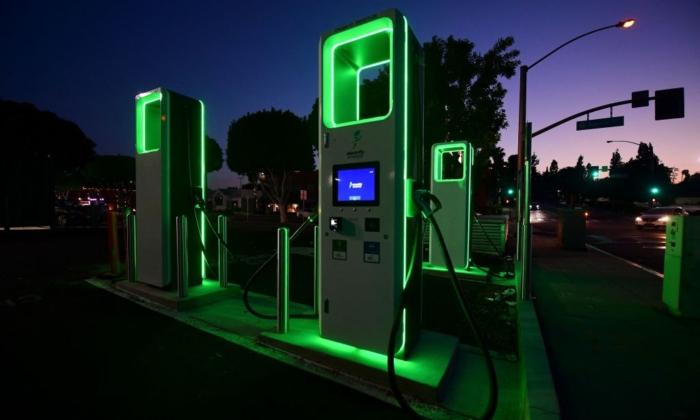A climate action survey has revealed only 15 percent of Australians see climate change as an “extremely serious” problem.
Researchers found the number of people who saw climate change as a serious issue has dropped from 22 percent in 2021.
“Though most Australians accept climate change is happening, only a minority think it is an extremely serious problem,” researchers said.
Those who believed climate change to be an extremely serious problem by 2050 also dropped from 45 percent in 2021 to 31 percent in 2022.
However, 71 percent of Australians reported feeling either “fairly” or “very” worried about the impact of climate change, down from 72 percent in 2021.
Back in 2010 and 2011, about 35 percent of people had this view, researchers highlighted.
Respondents Believe Australia Will Feel the Impact of Climate Change
More than half, or 57 percent of respondents surveyed believe Australia has started to feel the effects of climate change, with 8 percent thinking the impact will be felt within 10 years, and 13 percent saying the impact will be realised in 50 years.Young people under 35, students, women, and inner-city Australians were found to have high levels of concern about climate change action.
“In contrast, climate change denial, disregard, and inaction are more common among older, religious, less highly educated, and more politically conservative members,” researchers said.
The researchers also found a slight decline in support for net zero targets with 75 percent now supportive of such policies compared to 80 percent in 2021.
Younger people under 35 were more supportive of government intervention on climate change than those over 35 years of age.

Young Australians Want More EVs
The majority of Australians under 35 also wanted to see all cars be electric-powered by 2021.“Policy support of climate positive mitigation strategies is generally above 50 percent; however, there are some differences based on gender, age, or household income,” researchers said.
The survey found 73 percent of people under 35 wanted a tax on carbon emissions and to invest this money in renewable energy. Likewise, 61 percent of young people under 35 want all new vehicles to be electric by 2040.
However, among “older people,” 57 percent of Australians were found to support a tax on carbon emissions, while only 42 percent want all new cars to be electric by 2040.
“Those with higher household incomes (above $100,000) tend to be more supportive of using post-COVID government stimulus funding to kick-start the transition to a low carbon and climate-resilient national future (72 percent) compared to those with lower household incomes (below $60,000; 60 percent),” researchers found.








